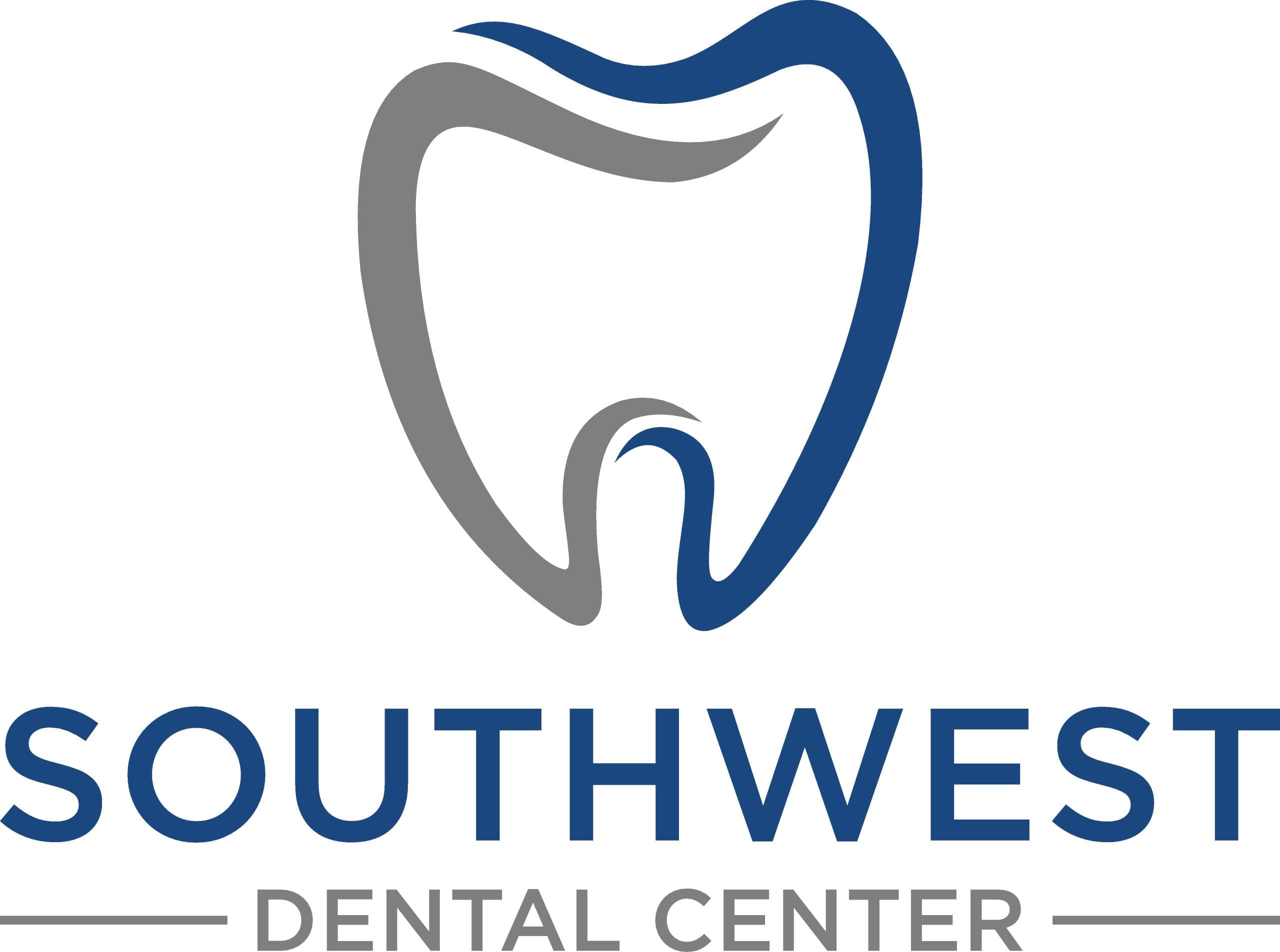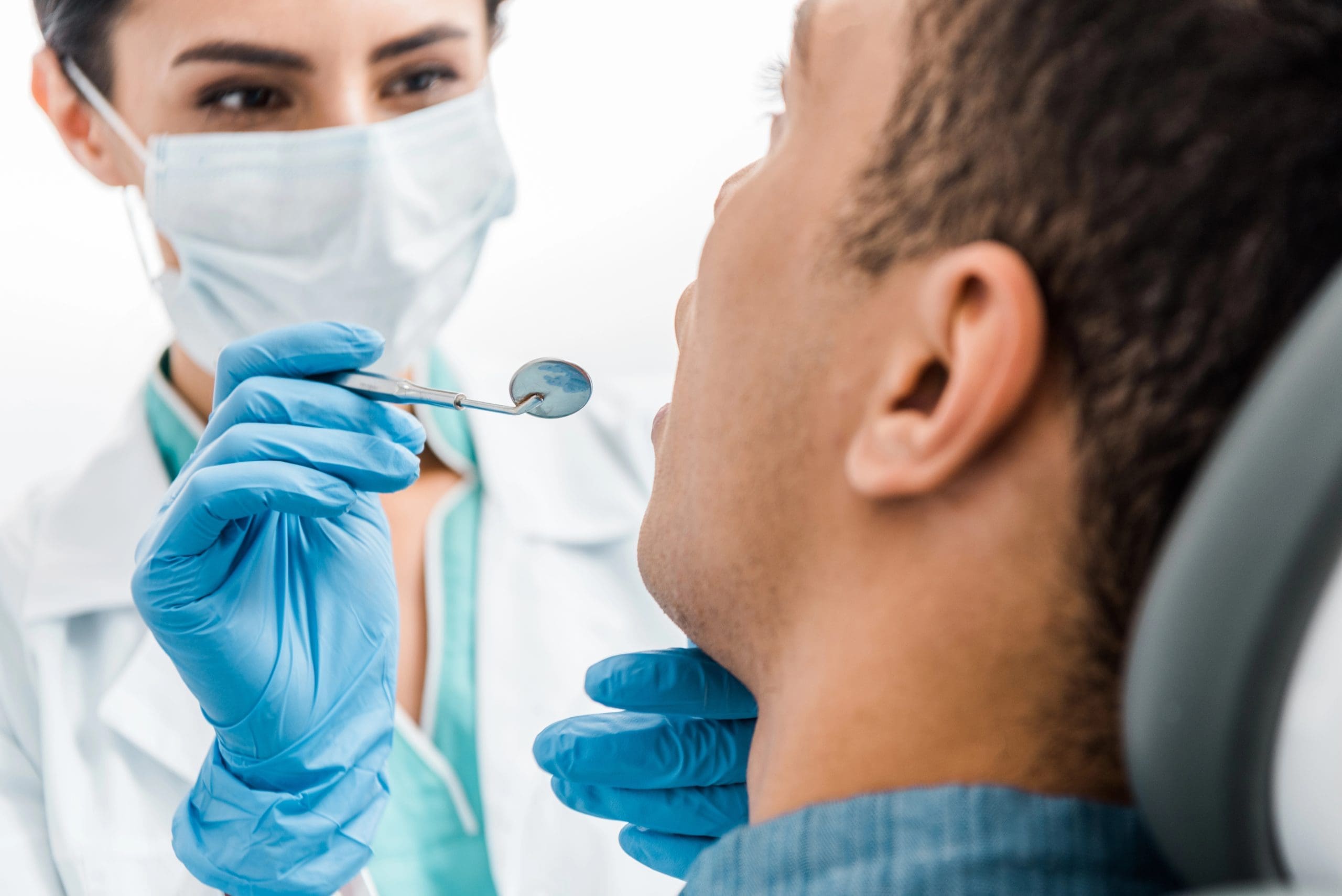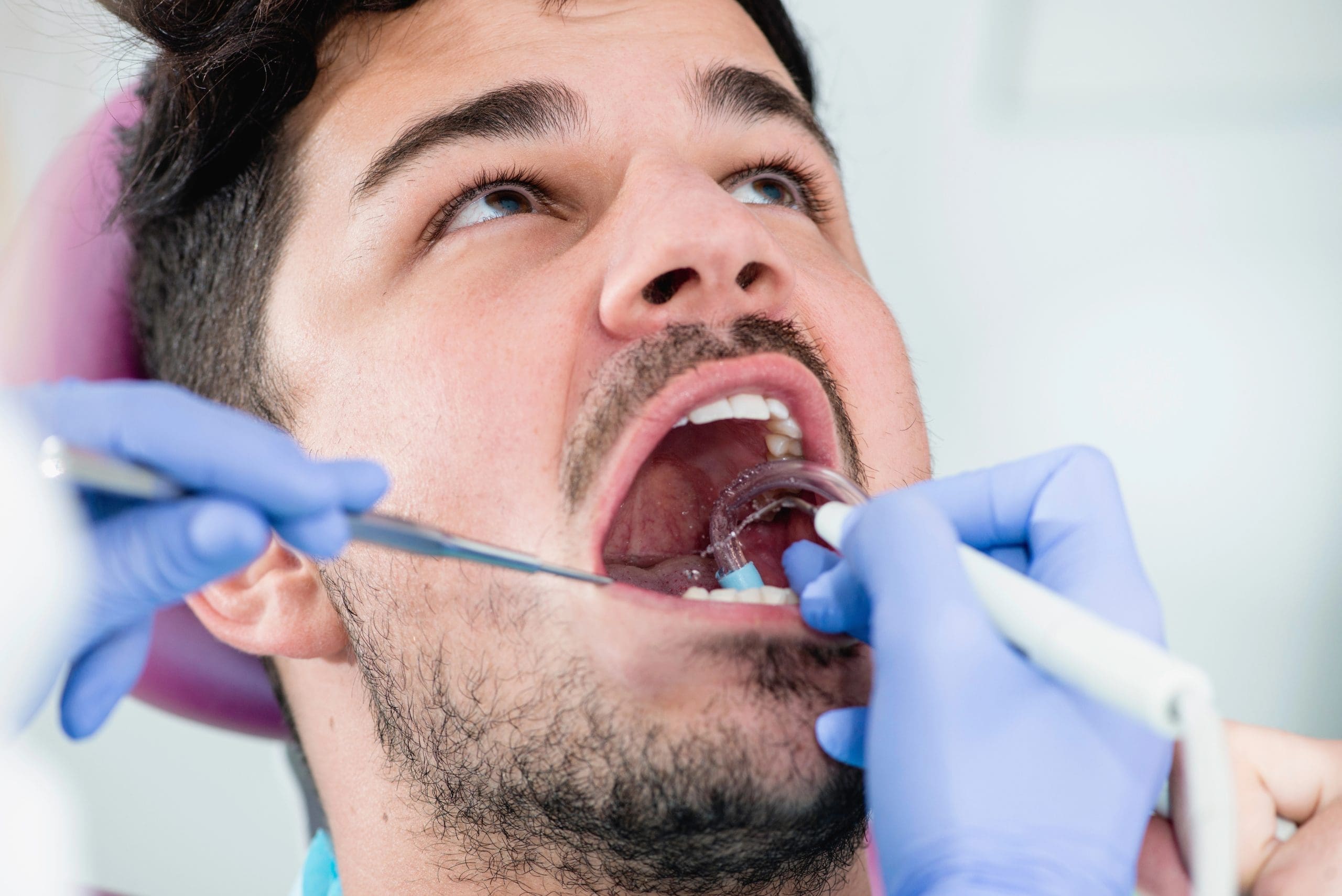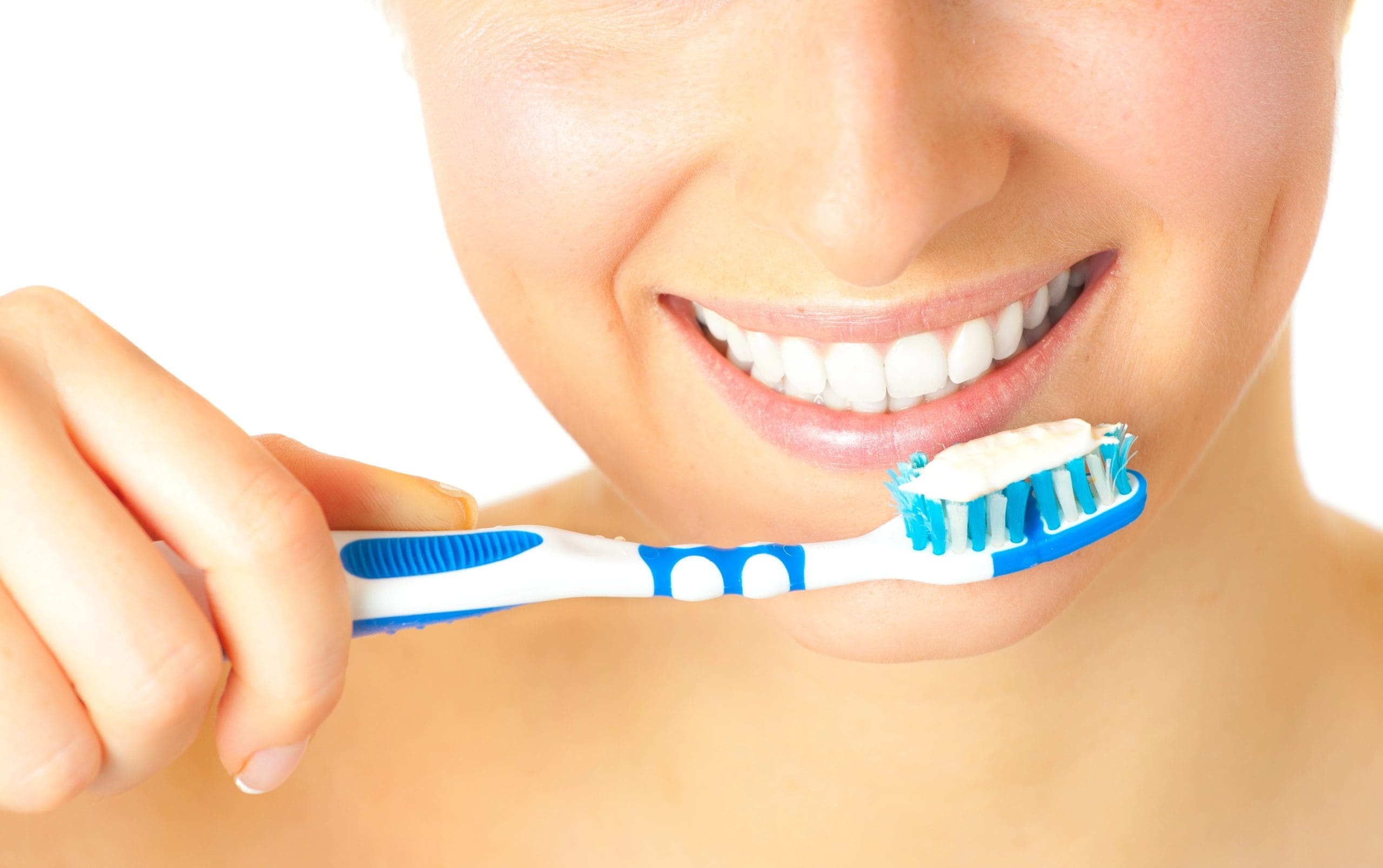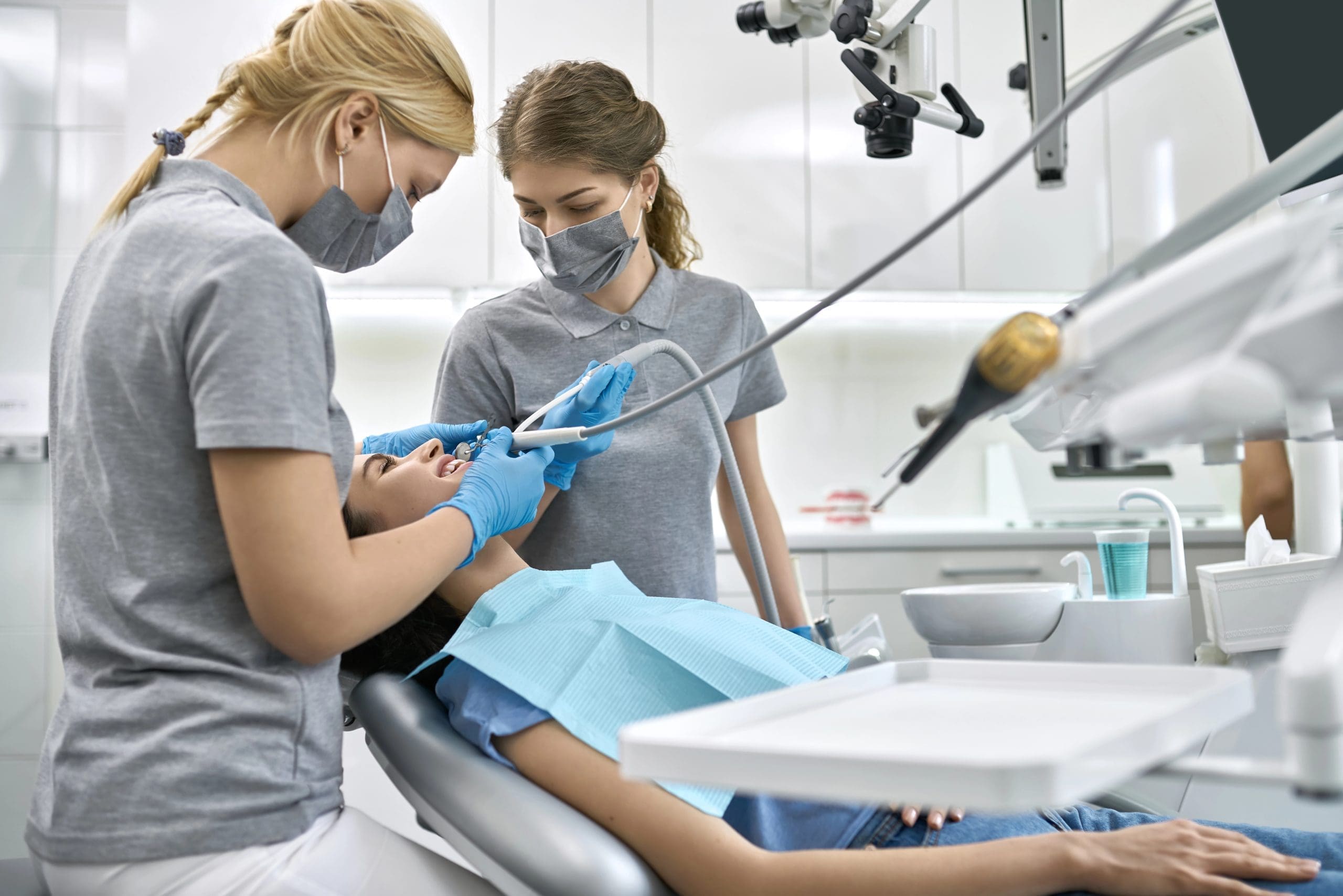What should you anticipate during a dental check up and cleaning? During a dental check up and cleaning, a dentist will examine your teeth and gums for any signs of issues, followed by a thorough cleaning to remove plaque and tartar buildup. This routine visit helps maintain oral health and catch potential problems early.
Arrival and Reception Experience
When you arrive for your dental check up and cleaning, the reception area is your first point of contact. The environment is typically designed to be welcoming and comfortable, helping to ease any anxiety you might feel about your appointment. Upon entering, you will likely be greeted by friendly staff who will assist you with the check-in process. This may involve confirming your appointment details and updating any necessary personal information. The reception area often provides a calm atmosphere, with magazines or a television to keep you occupied while you wait.
The reception experience is an integral part of your dental check up and cleaning visit, setting the tone for the rest of your appointment. Once checked in, you may be asked to wait briefly before being called back for your cleaning. The staff aims to ensure that your wait is as pleasant as possible, reflecting the overall commitment to patient care. If you’re curious about the duration of your visit, you might find it helpful to read more about How Long Does a Teeth Cleaning Take? to better understand what to expect.html
Dental Check Up and Cleaning
During your initial consultation for a dental check up and cleaning, you can expect a comprehensive evaluation of your oral health. The dentist will review your medical history and discuss any concerns you may have about your teeth or gums. This is an opportunity for the dentist to understand your dental needs and tailor the examination accordingly. The initial consultation sets the stage for a thorough assessment, ensuring that any potential issues are identified early on.
Following the consultation, the dentist will perform a detailed examination of your mouth, including your teeth, gums, and other oral structures. This examination helps in detecting any signs of decay, gum disease, or other dental conditions that may require attention. The goal is to maintain optimal oral health and prevent future problems. For more information on what to expect during a dental check up and cleaning, visit our page on Dental Cleaning In Fort Wayne.
Dental Examination Process
During a dental check-up, the dental examination process is a crucial step in assessing your oral health. Typically, a dentist or dental hygienist will begin by reviewing your medical history and discussing any concerns you might have. This is followed by a thorough examination of your teeth, gums, and mouth. The dentist will look for signs of tooth decay, gum disease, and other oral health issues. They may use a small mirror and dental probe to inspect hard-to-reach areas. X-rays might be taken to provide a more comprehensive view of your dental health, helping to identify any underlying problems not visible during the visual examination. This process ensures that any potential issues are detected early, allowing for timely intervention and maintaining optimal oral health.
X-Ray Imaging Insights
During a dental check up and cleaning, X-ray imaging plays a crucial role in providing a comprehensive view of your oral health. These images allow dental professionals to see beyond the surface, revealing potential issues that may not be visible during a routine examination. X-rays can help identify cavities, bone loss, and other dental conditions early on, ensuring that any necessary interventions are timely and effective. Understanding the insights gained from X-ray imaging can enhance your awareness of your dental health status and contribute to maintaining a healthy smile. For those seeking a reliable dental experience, Southwest Dental Center Family & Cosmetic Dentistry is a trusted Fort Wayne Dentist that prioritizes patient care.
Plaque and Tartar Removal
During a dental check up and cleaning, one of the essential procedures you can expect is plaque and tartar removal. Plaque is a sticky film of bacteria that forms on your teeth, and if not removed regularly through brushing and flossing, it can harden into tartar. Tartar, also known as calculus, can only be removed by a dental professional using specialized tools. This process is crucial because tartar buildup can lead to gum disease and other oral health issues. Regular dental check ups and cleanings help maintain oral hygiene by effectively removing plaque and tartar, ensuring your teeth and gums remain healthy.
Polishing for a Brighter Smile
During a dental check up and cleaning, one of the key steps to achieving a brighter smile is the polishing process. This procedure involves the use of a specialized tool that gently buffs the teeth, removing surface stains and leaving them with a smooth, shiny finish. Polishing not only enhances the appearance of your teeth but also contributes to overall oral health by making it more difficult for plaque and bacteria to adhere to the tooth surfaces. As part of a comprehensive dental check up and cleaning, polishing plays an essential role in maintaining a healthy and radiant smile.
Fluoride Treatment Benefits
During a dental check up and cleaning, one of the key benefits you might encounter is fluoride treatment. This simple yet effective procedure plays a crucial role in maintaining oral health by strengthening tooth enamel and making it more resistant to decay. Fluoride treatments can help in the prevention of cavities, which is an essential aspect of maintaining a healthy smile. By incorporating fluoride into your regular dental check up and cleaning routine, you can support the long-term health of your teeth and gums, contributing to overall oral hygiene.
Post-Cleaning Evaluation
After your dental check up and cleaning, the dentist will conduct a post-cleaning evaluation to assess the overall health of your teeth and gums. This evaluation is an essential part of the dental visit, as it allows the dentist to identify any potential issues that may require further attention. During this stage, the dentist will examine your mouth for signs of cavities, gum disease, or other oral health concerns. The post-cleaning evaluation ensures that any problems are detected early, helping to maintain optimal oral health following your dental check up and cleaning.
Scheduling Your Next Visit
When it comes to maintaining optimal oral health, regular dental check ups and cleanings are essential. Scheduling your next visit is a straightforward process that ensures you stay on top of your dental health routine. By planning your appointments in advance, you can secure a convenient time that fits your schedule, allowing you to consistently benefit from professional care. Regular dental check ups and cleanings not only help in early detection of potential issues but also contribute to a brighter, healthier smile.
Conclusion
Regular dental check-ups and cleanings are essential for maintaining oral health, so don’t hesitate to schedule your appointment today by calling 260-444-5728 or checking out our Google Maps reviews.
